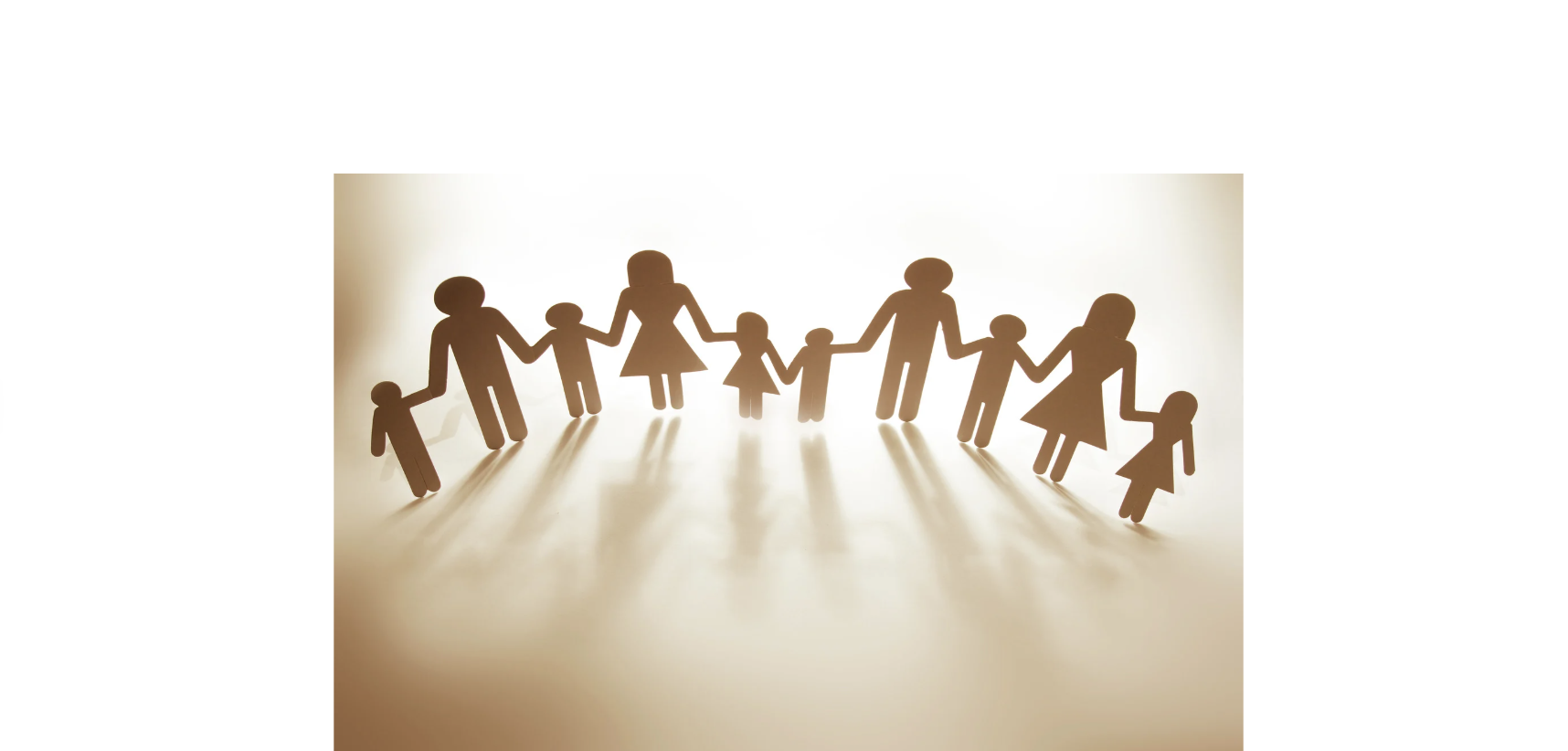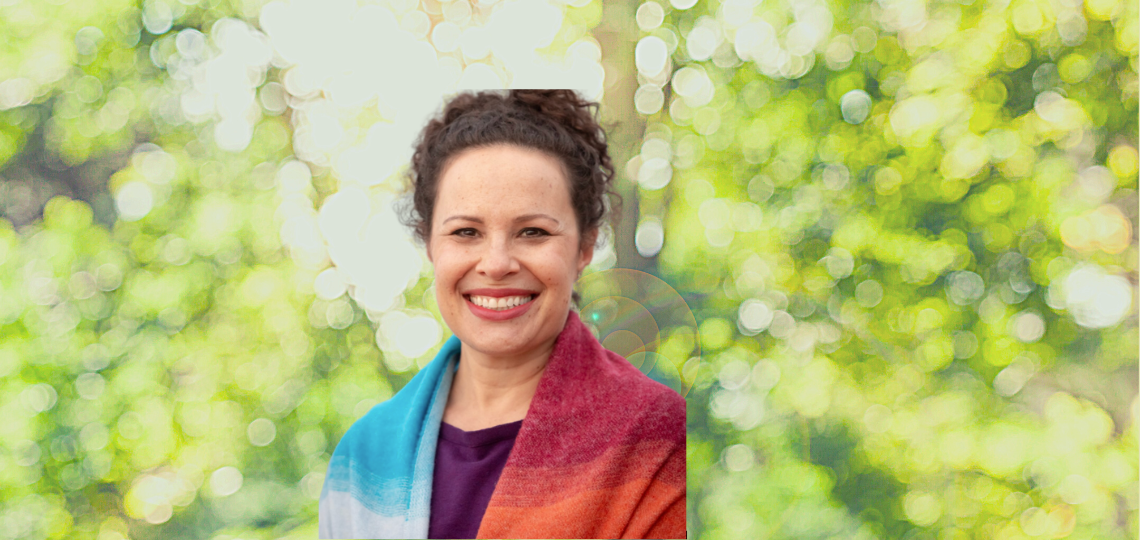We had the pleasure of speaking with Dr. Jennifer Swenson DO, the Senior Medical Director of Strategic Partner Operations at Optum and a WISDOM participant.
Dr. Swenson shared with us how breast cancer has impacted her life and her unique experience in the study.
Q: How did you learn about the WISDOM Study?
I was a Senior Medical Director with Optum WellMed when I attended the Partnership Forum in 2023. At the event, a team was there discussing WISDOM. I was in the audience listening and thinking it was perfect timing, as my sister and mother had both been diagnosed with breast cancer a couple of years prior. My sister was 48, and my mother was 76. My sister had genetic testing but tested negative for BRCA; my mother never had genetic testing. I figured there wasn’t a strong family link, so it was a great opportunity for me to participate in a study and learn if I should change my screening recommendations.
I forgot about the study until I ran into a colleague, who reminded me at a workshop. She described the process as very easy—sending a kit, providing a saliva sample—simple. I took out my phone and registered online; it was easy. Within two weeks, I received the results in the mail: the genes tested were negative. However, I then got a request for a consult with a WISDOM Breast Health Specialist. She walked me through the study, the tests done, and how a 5-year risk score was computed based on various factors, including the Polygenic Risk Score (PRS). I wasn’t familiar with PRS, but she did a great job explaining it to me. I didn’t tell her I was a doctor; I wanted to hear a basic explanation. With her explanation of my PRS, my adjusted risk was elevated leading to a recommendation for increased screening and risk-reducing medications.
I took time to think about it and decided to find a new doctor. I was concerned about having to explain everything to a physician, but I printed out the materials from your website, which was great. I discussed it with my doctor and decided to take a low dose of tamoxifen.
During this process, another sister was diagnosed with breast cancer as well, in her late 50s. We were all so surprised, as there was no prior history in the family. Everyone lives spread across the country, with different ages and lifestyles, so it was surprising and unexpected that we’ve had so many diagnoses in the recent few years.
I’m grateful for being able to participate in the study, learn about my risk, and understand what to do to lower it and take control of my health.
Q: What about wisdom has been the most meaningful to you?
Finding out results that really could impact my future, my life, having the knowledge of the increased risk early on. I am the youngest of five kids, so I feel like I have a huge advantage now that I was given this information early on and that I have the opportunity to take medication and change my approach to screening to reduce my risk, and be proactive in early identification if I were to be diagnosed with breast cancer, versus my sisters and my mom. I think they were doing their regular screening, and then they found out they had the diagnosis. Now I can benefit by hopefully preventing that diagnosis.
Q: Has being part of wisdom impacted your knowledge of breast cancer risk, and if so, in what ways?
Oh yeah, absolutely. I think one of the biggest learnings for me was learning about the SNPs and the polygenic risk score. That’s something I was not familiar with. I knew about some of the genetic mutations like the BRCA gene, but this was a different lens of information that I hadn’t been familiar with before. And so I think that was informative and definitely a new learning for me.
I assumed I was low risk for cancer. When my sister (who got diagnosed at 48) received test results that were negative for mutation on the BRCA genes I thought I was in the clear, and that my sister and mom’s cancers must’ve been unrelated. They were just freak things. But then I joined this study and in the interim of getting my WISDOM results, my other sister got diagnosed. I was like, oh, maybe there is something going on here. I just couldn’t tie it together. Everyone just seemed to be so different in their other risk factors like any lifestyle habits, weight, age that they got their first period, age they went through menopause, how many children they had – no one mirrored each other. I couldn’t think of a link. So, I assumed I don’t have to worry, I’m low risk. Right? So, I was very grateful to learn from WISDOM about my risk through my PRS.
Q: In what ways has being part of wisdom changed your perspective on the approach being taken to screen women?
I think that the screening guidelines for breast cancer are very confusing for the public because there are so many different guidelines, depending which ones you follow, when do you start, how often do you get mammograms. And I think different providers also probably recommend things according to what guidelines they’re following. When you really consider all of someone’s risk factors that are measured in this study, you get a much clearer picture of what is going to be the best screening plan. So you’re not doing too much, you’re not doing too little, but you’re getting the right surveillance based on your individual risk.
Q: What would you tell women who are on the fence about joining WISDOM?
I’d say I know sometimes people let fear guide their choices, and certainly people get nervous or fearful of what the results could show. But honestly, I think there is a bigger benefit of having the additional knowledge, the awareness and the ability to be proactive and say, I have other choices. I could take chemo prevention, or I could increase the frequency or type of screening that I get, it makes a world of difference. Knowledge is power. For me, being proactive and participating in this study has been life changing.
Acknowledgments
We are so grateful for Dr. Swenson, Dr. Ken Cohen, and Optum Health’s partnership to make WISDOM available to providers and patients in the Optum network.
———————————————–
Optum Health offers a free Continuing Medical Education curriculum about the WISDOM Study and Precision Prevention. This course is open to the public (you do not need to be a provider in the Optum network to take this course).
- This on-demand webcast provides a comprehensive overview of breast cancer screening, prevention strategies and treatment advancements.
- Participants will explore the evolving landscape of breast cancer screening, including its contributions to reducing mortality rates, its current limitations, and the impact of advancements in breast cancer biology on screening and prevention practices.
- Special focus is given to the objectives and implications of the WISDOM study, empowering participants to engage in generating new data to shape the future of breast cancer screening and prevention.
To learn more and register in this course please visit this link at Optum Health Education.


